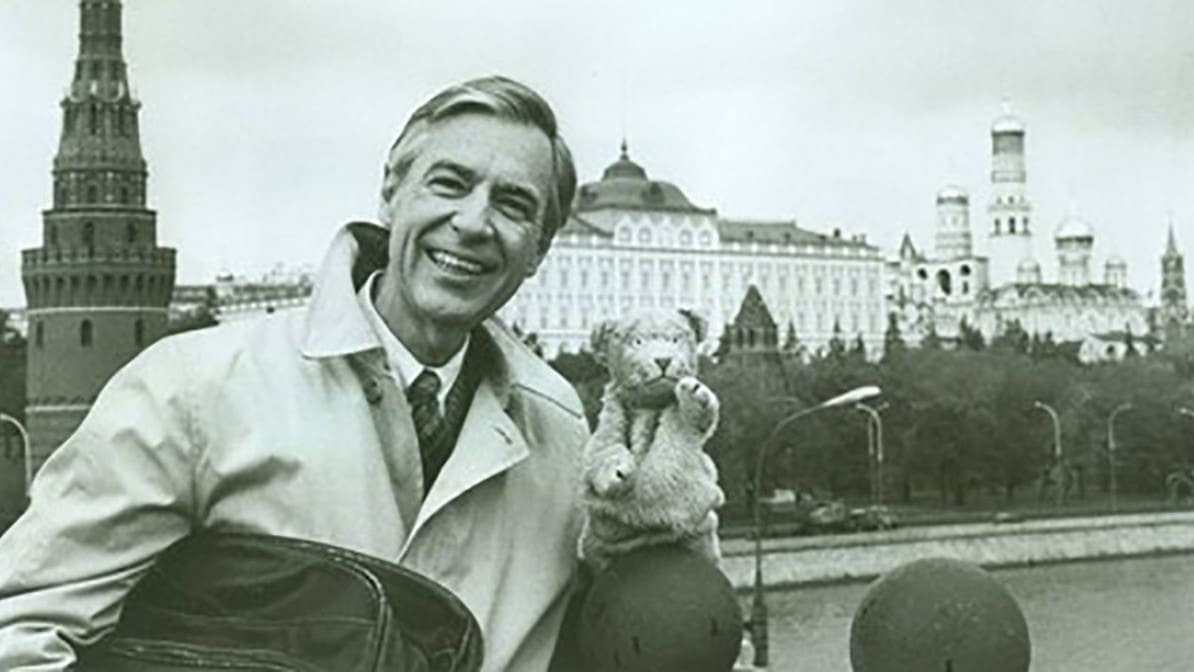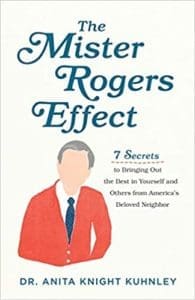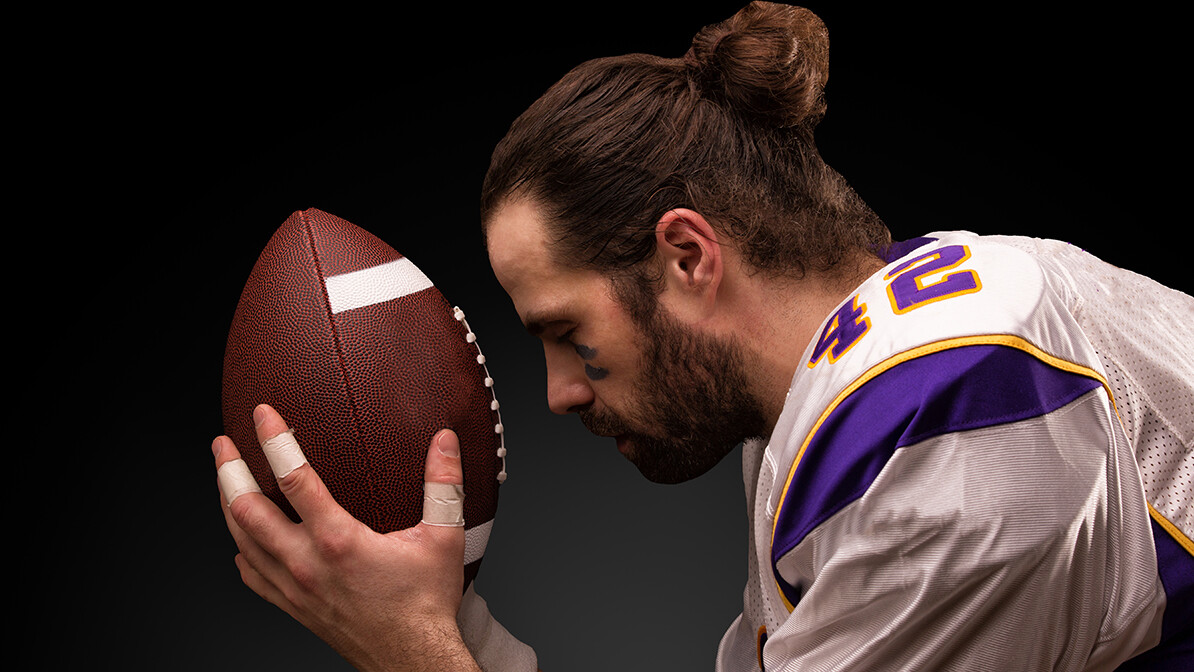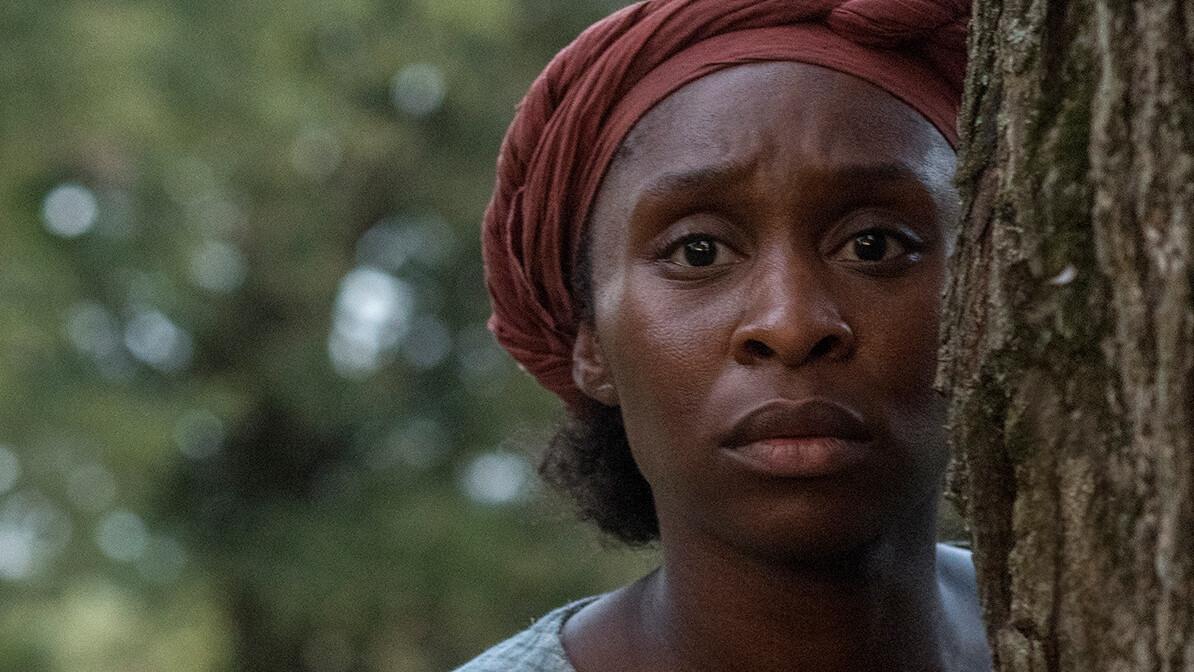- Home
- Entertainment
- Anita Knight Kuhnley and ‘The Mister Rogers Effect’ (Part 1)

Anita Knight Kuhnley and ‘The Mister Rogers Effect’ (Part 1)
 John Farrell: What was your inspiration and reason for writing The Mister Rogers Effect?
John Farrell: What was your inspiration and reason for writing The Mister Rogers Effect?
Anita Knight Kuhnley: It started with viewing an encounter between Mr. Rogers — a much younger Mr. Rogers — and Senator Pastore before the Senate Subcommittee for Communications. In less than seven minutes in this encounter, I saw Mr. Rogers save public television, win $20 million, and transform Senator Pastore from an adversary to an ally.
It was such a powerful moment and a transformational moment in history. Senator Pastore was a self-proclaimed pretty tough guy and at the start of their encounter, he was a bit irritable and gruff, and you could truly see him transform as they continued their dialogue.
I trained counselors; I work as a counselor educator. I was working with a group of students taking counseling skills and we were talking about working with people through their anger, processing anger, and making sense of it. I showed the students this video clip because toward the end Mr. Rogers asked permission and asked Senator Pastore, “Would you mind if I shared with you the words to one of the songs?” The song was called, “What Do You Do with the Mad That You Feel?” And the title came from a little boy who asked him that question, “What do you do with the mad that you feel inside?” Throughout the lyrics he says, “What do you do when you feel so mad that you could bite? The whole wide world seems oh so wrong and nothing you do seems very right. Do you round up friends for a game of tag and see how fast you can go? Do you pound some clay or some dough?” And towards the end of the song, he said, “It’s good to be able to stop when you’ve planned a thing that’s wrong and do something else instead and think this song.” It was just a very helpful way to help kids regulate emotion.
As we were talking about that, I checked in with my students to see how it was for them to watch this video. One of my students shared that she worked in the inner-city school system and her kids didn’t have a Mr. Rogers and they didn’t have anyone to help them with their anger so they turned to violence and they would fight. That really impacted me. It stuck with me.
I kept thinking about that and praying about that and thinking, “Even though Mr. Rogers – it’s hard to believe he died 18 years ago – is no longer with us, we can still keep the lessons we’ve learned from him, the wisdom that he shared alive and be our own kind of Mr. Rogers, so to speak. Be a presence for children and adults and a safe place for people to work through their feelings of anger and frustration as counselors, as helpers, whatever our role is so that people are able to have another option besides violence, which is especially relevant given what’s been happening lately.
That was sort of the inspiration. It was that encounter and that discussion with my students and then thinking and praying about it. It was really impressed upon my heart that we needed to find a way to distill those lessons. I went on this transformative quest to unpack and analyze it and research what Mr. Rogers taught, how he impacted people in such profound ways, and to look at how we could, after analyzing that through a psychological lens, break that down into the steps for other people to follow and to apply to make a difference.
JF: If there’s one single message that a reader should glean from your book, what would that message be?
Anita: That’s a really good question. A couple of years ago a documentary, which I highly recommend, came out about Mr. Rogers’ life. I think that one was called A Beautiful Day in the Neighborhood, and then the Tom Hanks movie came out the next year. Those two movies obviously really helped us to begin to talk about Mr. Rogers more.
A lot of people I know that didn’t grow up watching Mr. Rogers even watched the movies and were impacted, but it’s amazing to see that even though he’s been gone for 18 years, through movies, books, articles, social media posts, he is still having an impact on our world today and in such a profound way.
I’ve heard people say, “We really need Mr. Rogers now more than ever.” There’s this longing for a comforting, wise, caring presence; that sort of neighborly loving presence.
I think one of the main ideas of the text is that even though we can’t have him back physically, we can remember the lessons that he’s taught us. Remember the wisdom that he shared. Apply that in our own neighborhoods, wherever we happen to be, and make a difference and keep the effect that he had alive and honor his memory as we keep those lessons alive.
JF: Looking at people who are alive today, who comes closest to being the most like Mr. Rogers or embodies the lessons that he taught generations?
Anita: I really think that Mr. Rogers was one-of-a-kind. One of the things that was really special about him too was that his grandpa, Fred McFeeley, who he was named after, used to tell him, “Freddy, you’ve made this day a special day just by your being you. There’s no one else in the whole world like you and I like you just the way you are.”
He really took those words from his grandfather to heart and he paid them forward and shared them with generations of kids over more than 30 years and more than 800 programs. That was a powerful message that he shared; this idea that there is no one like you. That’s why I say be your own kind of Mr. Rogers because he wouldn’t want us to clone him or be exactly like him. He’d want us to be ourselves, but to remember the lessons and the important learning experiences that he taught and shared with us so that we could share them with others.
I think as far as a television presence that tries to present those same messages, we hear about “Daniel Tiger’s Neighborhood,” which was Mr. Rogers’ puppet, Daniel Tiger, who his wife described as perhaps the most like him. That was the puppet that was vulnerable and shared feelings. There is an actual animated program, “Daniel Tiger’s Neighborhood.” In that program, there’s a song, “When I get so mad that I could roar, I take a deep breath and count to four.”
You’ve got some of the same kind of messaging. You’ve got the trolley. Some of the same principles you saw in “Mr. Rogers’ Neighborhood” are there. It’s not necessarily a person portraying that, although there’s a person behind the programming and the writer’s program, but I don’t think we have someone quite exactly like him. I think that’s why it’s so important to remember the “Mr. Rogers Effect” and to try to keep those lessons alive in our own ways.
JF: Going back to the quote that his grandfather told him. I remember him reiterating that or paraphrasing – I’m not sure if it was verbatim, but it could’ve been – that many times on his show.
Anita: Yes. He definitely shared that regularly on his program. His grandfather was such a special person to him that he even named the speedy delivery man Mr. McFeely after his grandfather who was Fred McFeely.
When he was growing up, he was bullied because of his outward appearance and his grandfather taught him that he liked him just the way he was. He wanted others to know that we could be liked just the way we are.
He also would do something special every time he spoke, whether he was receiving an award or giving a speech at graduation. He would say, “Can we take just 10 seconds to think about those people that have loved you into being, who have loved you into becoming who you are today? They may be right here with you. They may be far away, or they may even be in heaven, but those people that loved you into being yourself. Let’s take just 10 seconds to think about them.” Then he would keep the time.
As far as who loved you into becoming, he would ask kids at a graduation ceremony or people that were in the audience at an awards ceremony and I can’t help but wonder if one of the people he would mention was his grandfather. I think his grandfather loved him into being who he was. He wanted people to connect with the people in your life that loved you into being who you are. He, I think, in part was able to connect with people so powerfully because he could help them connect with those who loved them into being the best of who they are.
…
Order your copy of The Mister Rogers Effect: 7 Secrets to Bringing Out the Best in Yourself and Others from America’s Beloved Neighbor by Dr. Anita Knight Kuhnley
Image credit: Unknown Author / Fred Rogers and Daniel S. Tiger sightseeing in Soviet Union / Public Domain
Trending Now
Sign up today for your Inspiration Today Daily Newsletter
Supercharge your faith and ignite your spirit. Find hope in God’s word. Receive your Inspiration Today newsletter now!
John Farrell
John Farrell serves as the Digital Content Manager at Inspiration Ministries, where he oversees the planning, organization, and management of website content to support the ministry's global digital outreach. With a strong background in writing and editorial strategy, John ensures that the articles, devotionals, and discipleship resources on Inspiration.org are accurate, engaging, and aligned with the ministry's mission.
John has authored more than 1,000 articles, press releases, and features for Inspiration Ministries, NASCAR, Lionel, and Speed Digital. His versatility as a writer is also showcased in his 2012 book, The Official NASCAR Trivia Book: With 1,001 Facts and Questions to Test Your Racing Knowledge.
A graduate of Appalachian State University, John brings excellence and attention to detail to the digital experience at Inspiration Ministries. He lives in Concord, N.C., with his wife and two sons.
Related Articles
March 10, 2025
Finding Total Victory on the Road to Championship
I have been playing competitive golf for 55 years. Through the various stages of my life, my…
March 7, 2025
Average Joe Movie: SCOTUS, Praying Football Coach Backstory
When Coach Joe Kennedy knelt to pray at the 50-yard line after a high school football game, he had…
February 28, 2025
The Power of Story: A Muslim Journey to Hope
Storytelling is one of the oldest and most powerful ways to touch the human heart. Parents tell…
February 27, 2025
‘Harriet’ Movie: Courage, Freedom, Faith
Antebellum abolitionist Harriet Tubman had convictions and courage that helped free herself…
Next Steps To Strengthen Your Walk
Inspiration Today Newsletter
Supercharge your faith and ignite your spirit. Find hope in God’s word. Receive your Inspiration Today newsletter now!
Christian Articles
Find articles to strengthen your walk and grow your faith. We have a wide range of topics and authors for you.
Submit A Prayer Request
We are here for you. Simply click on the button below to reach us by form, email or phone. Together we will lift our hearts and voices with you in prayer.





